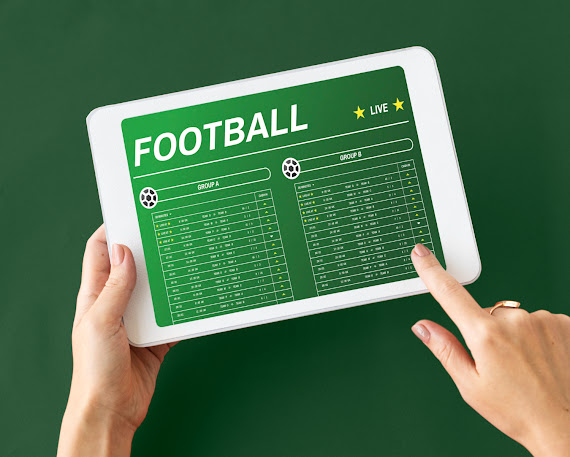Some mental skills of the successful athlete
You don’t have to be a champion to be a successful athlete. Do you have a room full of trophies, win a state championship, or make the front page of the sports section?
These athletes have one thing common in their sports as it’s important to them and they’re committed to being the best that they can be within the scope of their limitations- other life commitments, time, finances, and their natural potential. They set high, realistic goals for themselves and train and play hard. Champions are successful because they are pursuing their goals and enjoying their sport. Their sports involvement enhances their lives and they believe that get back is worth what they put into their sport. There are specific mental skills that contribute to success in sports. They all are learned and can be improved with instruction and practice.
A Brief List Of The Nine Mental Skills
- Choose and maintain a positive attitude
- Use positive mental imagery
- Maintain concentration
- Set high, realistic goals
- Manage anxiety, emotions effectively
- Maintain a high level of self-motivation
- Use positive mental imagery
- Use positive self-talk
- Deal effectively with people
The Performance Pyramid
While all skills are important, their primary importance will occur during one of three phases- long-term development, immediate preparation for performance, and during the performance itself.
Phase 1- These mental skills add up to a broad base for achieving long-term goals, sustaining daily practice and learning. They are needed on a day-by-day basis for long periods, often months and years.
Phase 2- These skills are used directly before the performance to prepare for performance. They may be used just before competitiveness begins, or immediately before a specific performance action, such as a golf shot or free throw in basketball.
Phase 3- These skills are used during actual performance behaviour.
Detailed descriptions about mental skills
Attitude
- Realize that attitude is a choice.
- Maintain balance and perspective between their sport and the rest of their lives.
- Choose an attitude i.e. predominately positive.
Motivation
- Aware of the rewards and benefits that they expect to experience through their sports participation.
- Realize that many of the benefits come from their participation, not the outcome.
Goals and Commitment
- Set long and small-term goals that are realistic, measurable, and time-oriented.
- Are highly committed to their goals and to carrying out the daily demands of their training programs.
Mental Imagery
- Prepare themselves for competition by imagining themselves performing well in competition.
- Use imagery during competition to prepare for action and recover from errors and poor performances.
Dealing Effectively With Emotions
- Accept strong emotions such as excitement, anger, and disappointment as part of the sport experience.
Characteristics Of A Performance Situation
- The situation is frequently scheduled or anticipated in advance.
- The circumstances usually have a defined beginning and an end.
- The results are assessed by standards that are usually known in advance.
- The situations are known in advance.
- The results are influenced by the performer’s skilful behaviour.
- The results are uncertain and may involve psychological risk or danger.
- The results are important to the performer.
- The performer’s behaviour is goal-oriented.
- The rules and limitations are known in advance.
From this brief, you’ve got an idea about why sports mental training and mental training for athletes is important. We help people develop the important skills necessary for high-level performance in sports.




Comments
Post a Comment